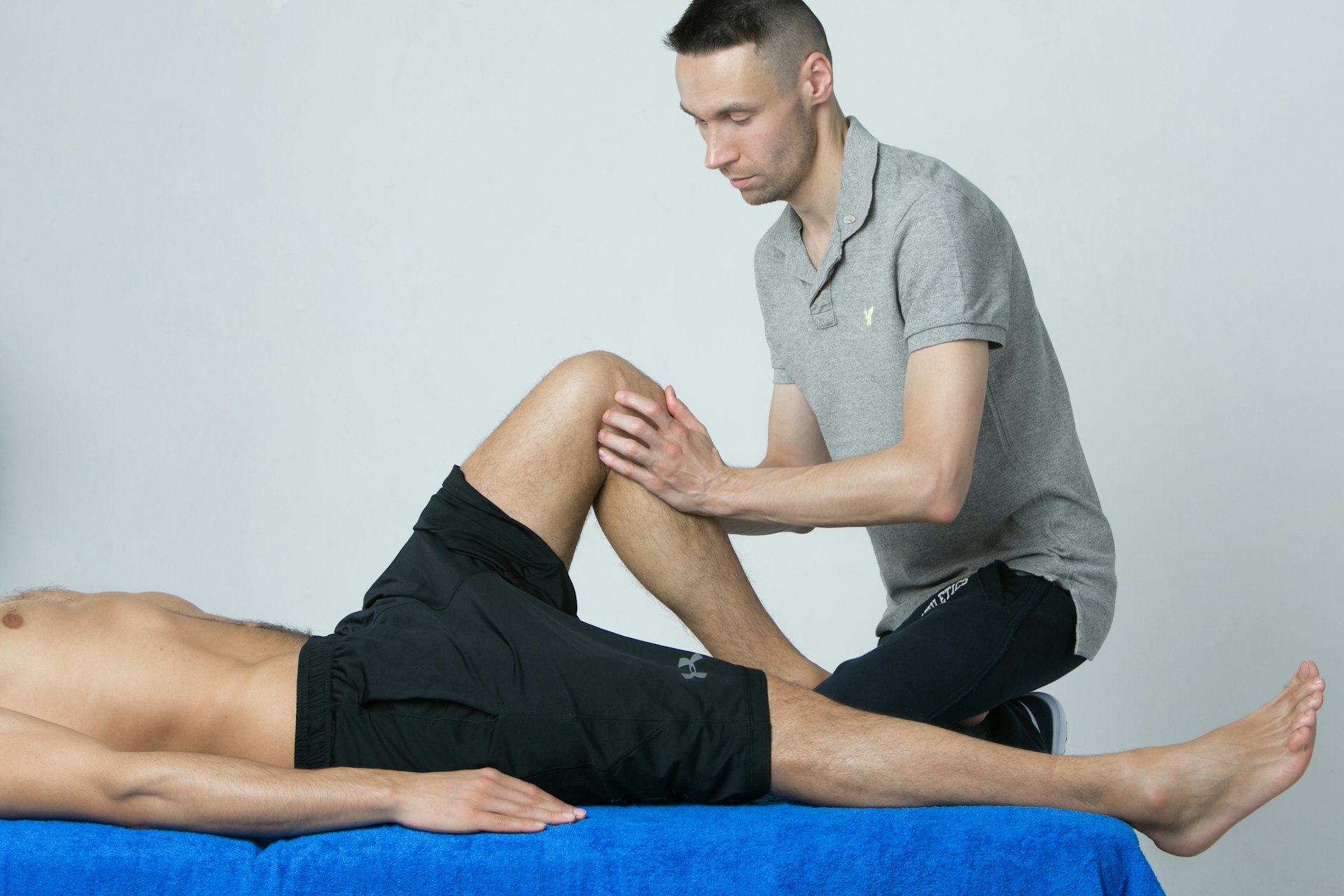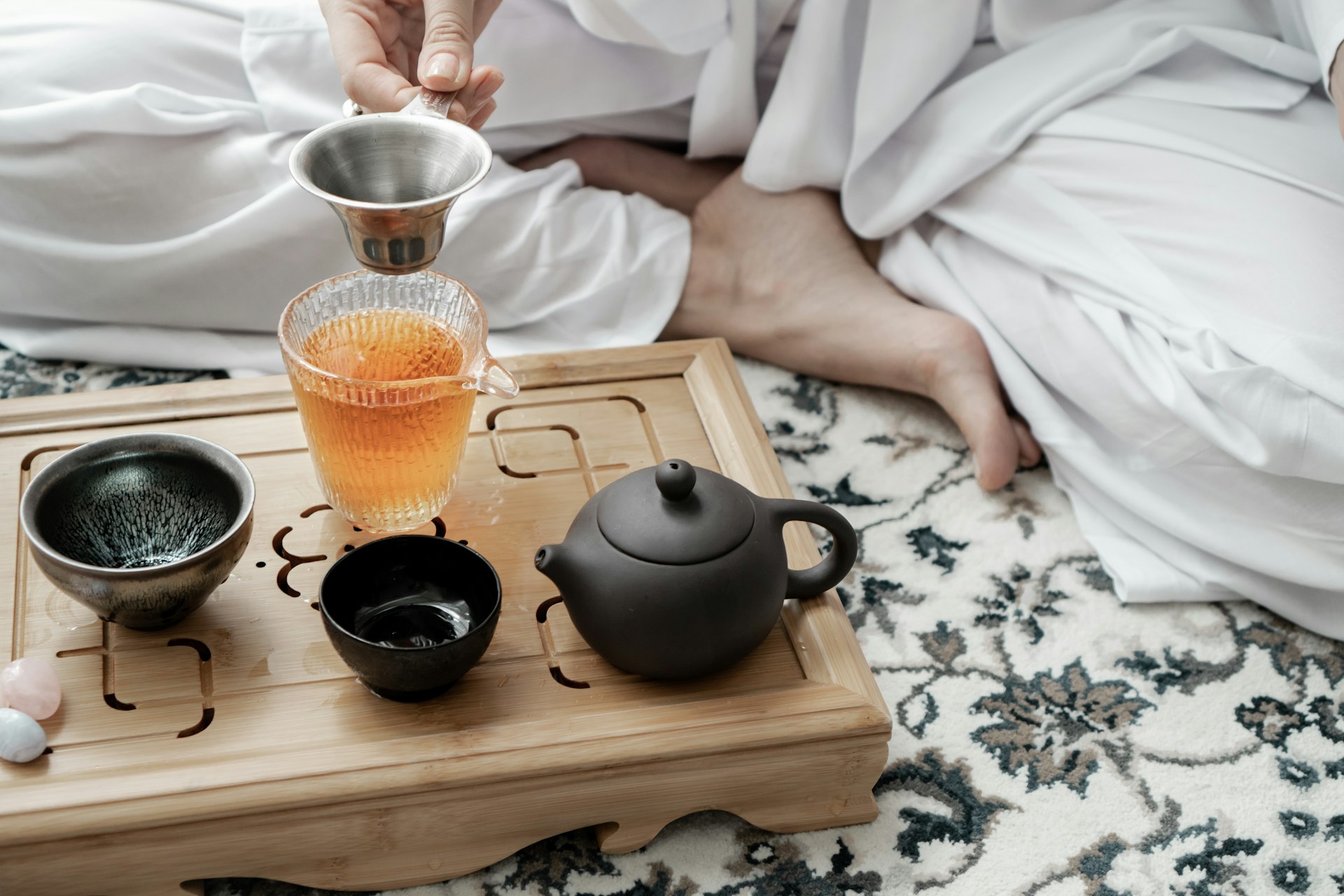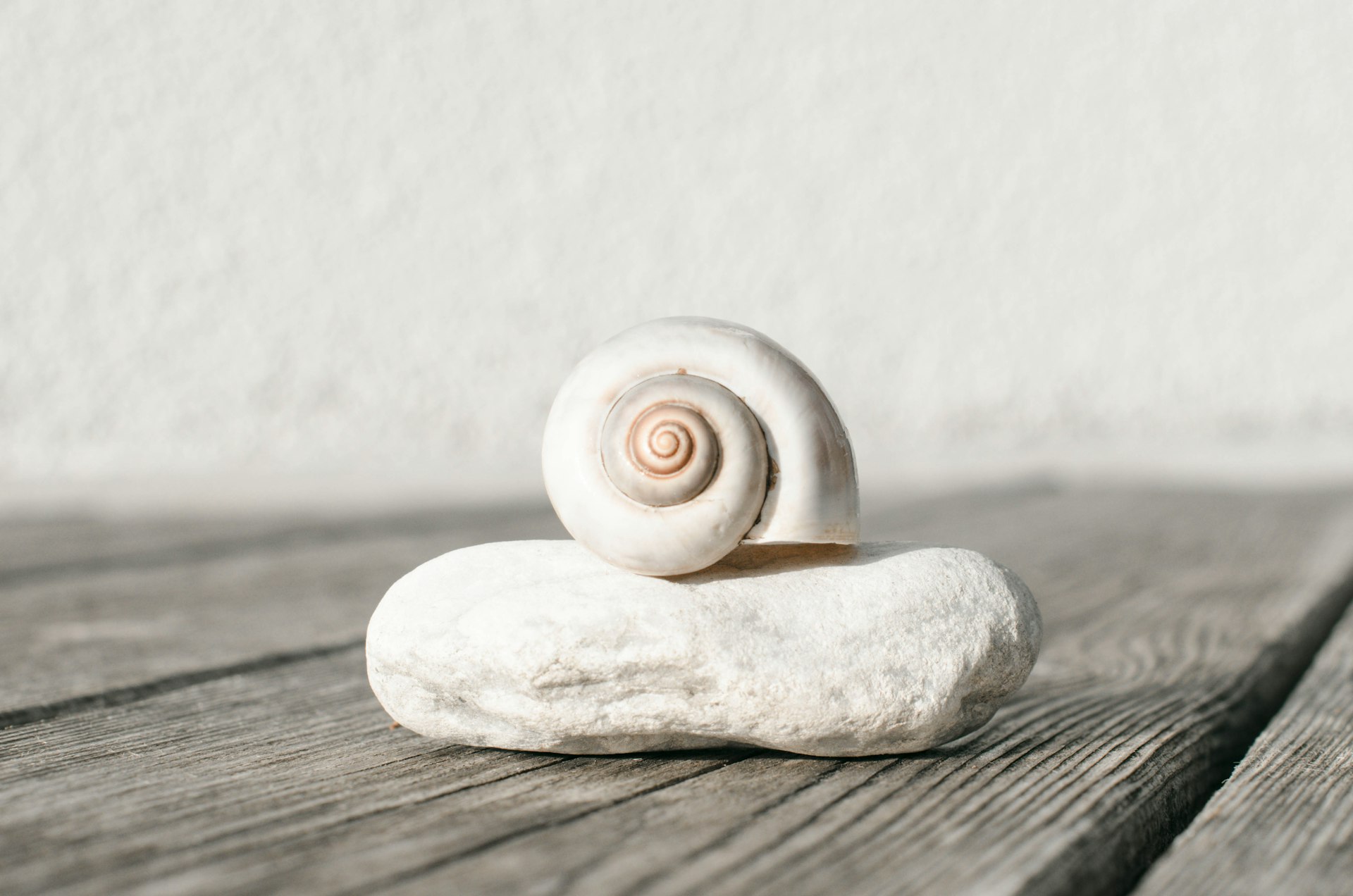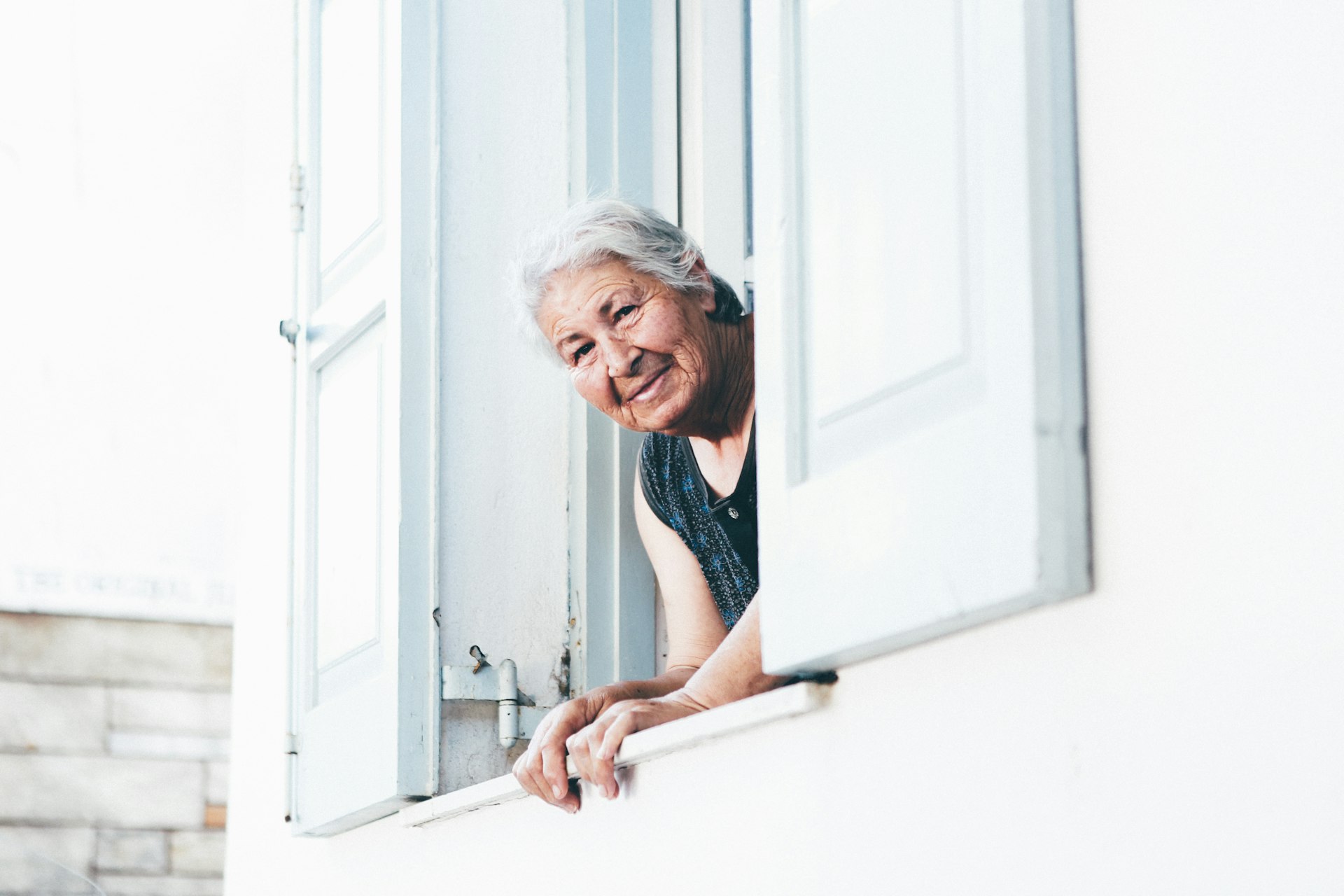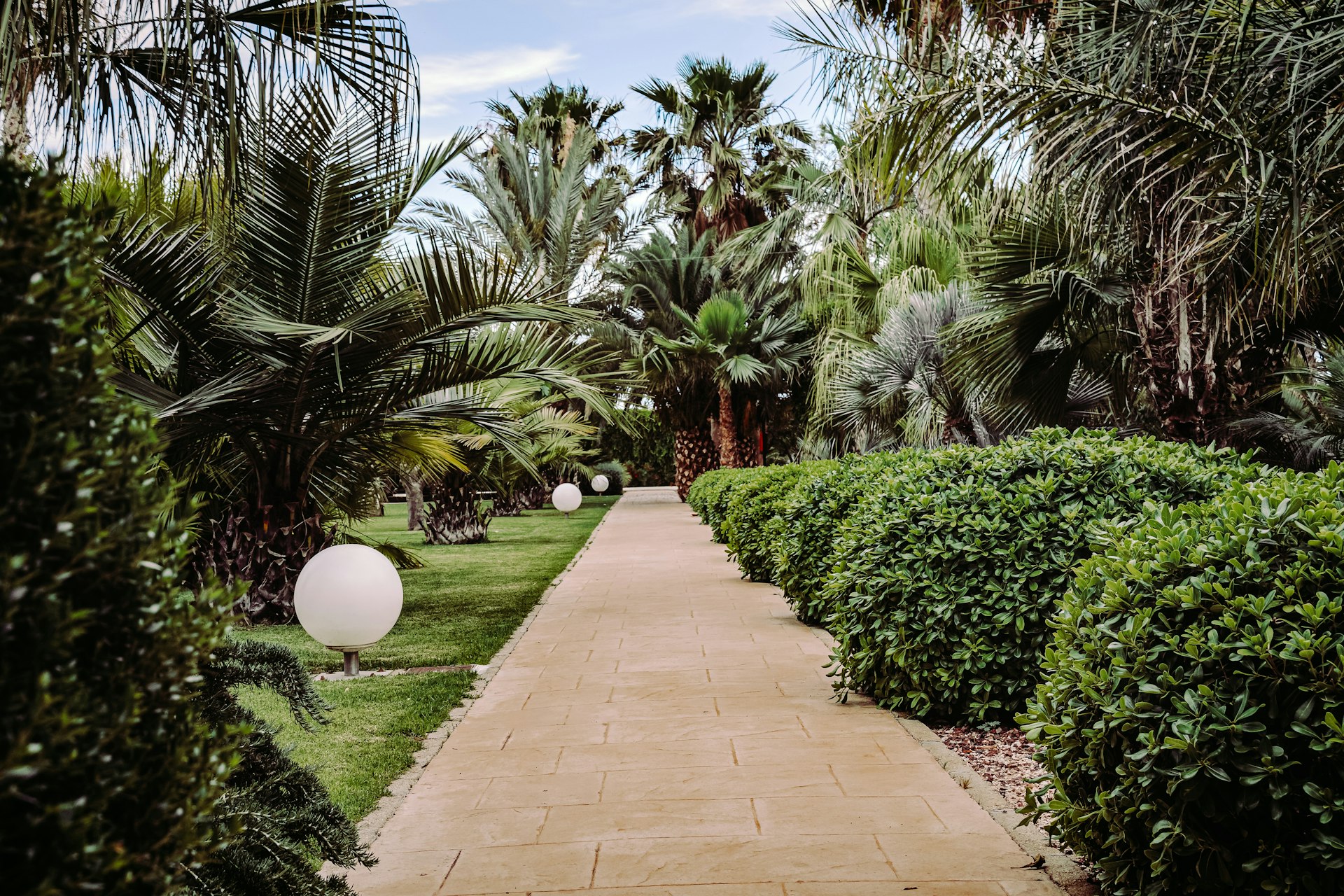Unlocking Healthy Aging: The Evidence-Based Benefits of Tai Chi for Older Adults

Photo by Nick Karvounis on Unsplash
Introduction: Why Tai Chi Matters for Older Adults
Aging brings unique health challenges, including declining balance, muscle strength, and cognitive sharpness. Many older adults seek safe, effective ways to maintain independence and quality of life. Tai Chi , a centuries-old Chinese mind-body exercise, is increasingly recognized for its broad spectrum of health benefits for seniors. Unlike high-impact workouts, Tai Chi is gentle, adaptable, and accessible, with mounting scientific evidence supporting its role in healthy aging [1] .
Physical Benefits: Balance, Fall Prevention, and Mobility
Falls are a leading cause of injury among older adults, often leading to reduced mobility and loss of independence. Research consistently shows that regular Tai Chi practice can significantly improve balance and reduce the risk of falls [3] . A 2024 meta-analysis found that Tai Chi participants had marked gains on the Berg Balance Scale and Timed Up-and-Go tests-standard measures for gait and stability. These benefits were especially notable in programs lasting at least 12 weeks with sessions twice a week [5] .
In addition to balance, Tai Chi enhances functional mobility . Studies comparing Tai Chi to conventional exercises report Tai Chi as equally or more effective for improving movement and coordination. Practitioners often experience smoother walking, greater flexibility, and increased confidence in daily activities [2] .
Cognitive and Psychological Benefits
Staying mentally sharp is a top priority for many seniors. Emerging evidence links Tai Chi practice to better cognitive function , including improvements in memory and executive skills. These gains may stem from Tai Chi’s combination of physical movement, focused attention, and controlled breathing [1] .
Psychologically, Tai Chi offers significant relief from anxiety and depression . A systematic review found that older adults practicing Tai Chi reported reduced stress and improved mood, likely due to the meditative aspects of the practice. This can support emotional resilience and greater overall well-being.
Cardiovascular and Respiratory Health
Age-related declines in heart and lung function can limit independence. Tai Chi supports cardiorespiratory fitness by gently raising heart rate, improving forced vital capacity (how much air you can exhale), and increasing peak oxygen uptake. Long-term practitioners show better cardiovascular profiles and fewer risk factors for stroke [1] . While short-term programs (2-3 months) may not yield significant changes, ongoing practice over years produces marked improvements.

Photo by Mark Hang Fung So on Unsplash
Strength, Flexibility, and Body Awareness
Tai Chi targets both muscle strength and joint flexibility . The slow, controlled movements require continuous weight shifting and coordination, effectively working major muscle groups without strain. This leads to improved body awareness (proprioception), making everyday tasks like standing up, sitting, or reaching safer and easier [1] .
Long-term Tai Chi participants have physical capabilities similar to much younger adults, suggesting a strong preventative effect against common age-related decline [4] .
Real-World Example: Tai Chi in Community Programs
Many community centers and senior organizations offer Tai Chi classes tailored for older adults. For example, a local YMCA may run weekly group sessions, while some health clinics integrate Tai Chi into fall-prevention or cardiac rehab programs. These classes are typically led by certified instructors who adapt movements for all ability levels. Participants often report improved social connection and support, amplifying the health benefits.
For those with limited mobility, chair-based Tai Chi is a growing alternative. This adaptation delivers many of the same benefits and can serve as a bridge to standing practice.
Step-by-Step Guidance: How to Begin Tai Chi Safely
- Consult Your Healthcare Provider: Before starting any new exercise, discuss your health status and goals with your doctor, especially if you have chronic conditions or mobility concerns.
-
Find a Qualified Instructor or Class:
To locate safe, reputable Tai Chi classes:
- Contact your local senior center, Area Agency on Aging, or YMCA for class schedules.
- Search the National Council on Aging website for “Tai Chi for seniors” resources.
- Ask your physician or physical therapist for referrals to licensed instructors in your area.
- Start Slow and Adapt: Begin with beginner-level classes, focusing on simple postures and movements. Let your instructor know about any mobility limitations so they can offer modifications.
- Practice Regularly: Consistency is key. Aim for at least two 45-minute sessions per week. Many find it helpful to supplement in-person classes with at-home practice using reputable video resources or DVDs.
- Monitor Progress: Track your improvements in balance, flexibility, and confidence. If you experience pain or dizziness, pause and consult an instructor or healthcare provider.
Potential Challenges and Solutions
Some older adults may initially feel intimidated by group classes or concerned about prior injuries. To overcome these hurdles, consider starting with a private lesson or a small group. If transportation is an issue, look for online classes or DVD series. For those with significant health concerns, ask your healthcare provider about adaptive or chair-based Tai Chi programs.
Alternative Approaches and Complementary Activities
While Tai Chi is highly effective, it can be combined with other low-impact activities such as yoga, aquatic exercise, or walking for a more comprehensive wellness routine. Some seniors may prefer qigong, a closely related practice focusing on breath and gentle movement.
How to Access Tai Chi Resources and Support
To get started, you can:
- Contact your local senior center, YMCA, or Area Agency on Aging to inquire about Tai Chi offerings.
- Speak with your healthcare provider for recommendations on fitness programs suited to your needs.
- Search for “Tai Chi for seniors” or “evidence-based falls prevention programs” on the National Council on Aging website or similar reputable organizations.
- If you prefer home practice, look for instructional DVDs or online classes from accredited instructors. Always verify the credentials of virtual programs before enrolling.
Key Takeaways: The Lasting Value of Tai Chi for Seniors
Tai Chi offers a safe, adaptable, and evidence-based path to better balance, mobility, mental health, and overall well-being for older adults. Its gentle movements make it accessible to most seniors, with growing availability in community and healthcare settings. Regular practice can lead to lasting improvements in independence and quality of life.
References
- [1] Yang FC et al. (2021). Effectiveness of Tai Chi for Health Promotion of Older Adults. NIH PMC.
- [2] Hebrew SeniorLife (2024). New Research Suggests Tai Chi Outperforms Conventional Exercise for Mobility and Balance.
- [3] Li L et al. (2024). Effectiveness of Tai Chi exercise on balance, falls, and motor function in older adults: a meta-analysis. Frontiers in Medicine.
- [4] Ma Y et al. (2024). Long-term Tai Chi practice in older adults is associated with ‘younger’ functional abilities. Aging Cell.
- [5] Cui Z et al. (2024). Tai Chi improves balance performance in healthy older adults. NIH PMC.
MORE FROM hotondeals.com





